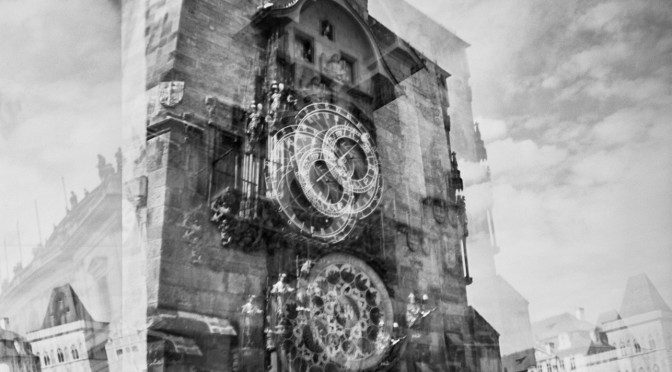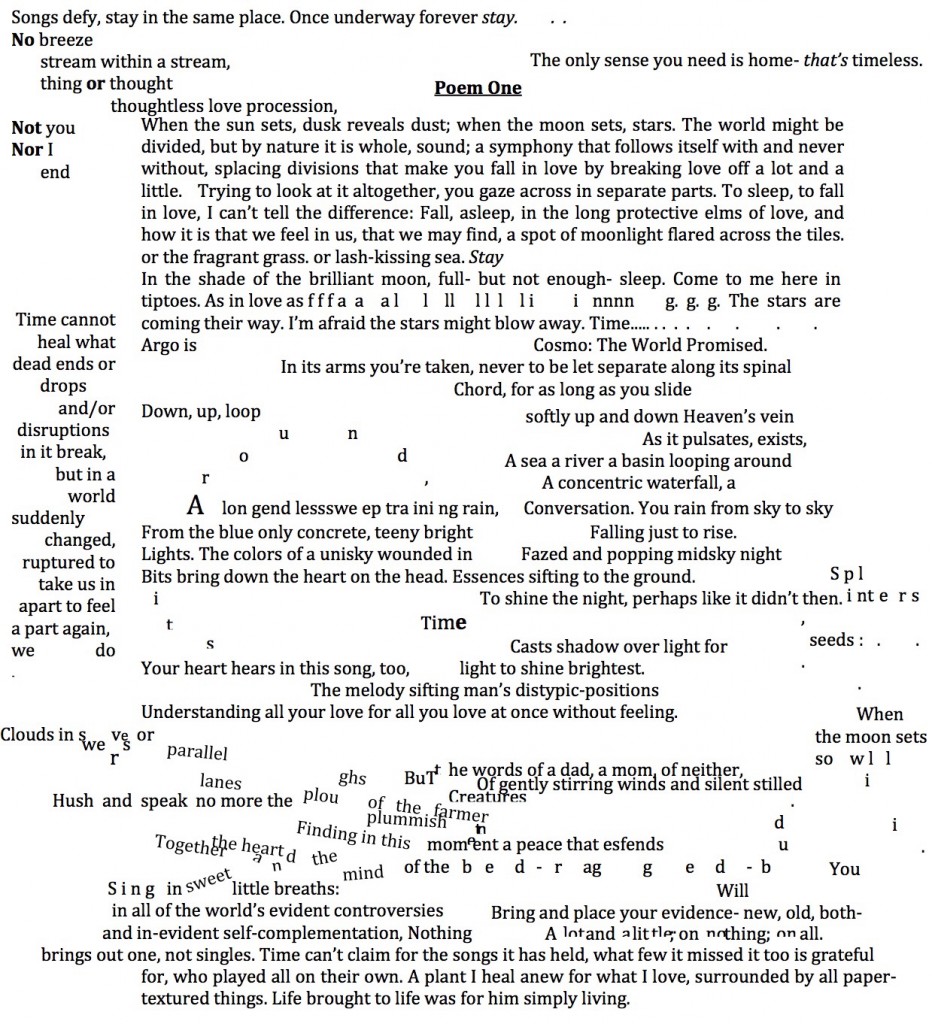by Ruth Padel, Poetry Fellow
The Cosmo Davenport-Hines Poetry Prize was set up to commemorate a student who loved poetry. His father Richard is always one of the judges, and I was delighted to be invited to chair the four-judge team alongside my colleagues Elizabeth Eger and Alan Marshall. We had 152 entries and the theme was ‘Time’, a general enough title to be interpreted in many more than 152 ways.
Our individual shortlists of ten had few overlaps, but one of the joys of judging the prize is discussing poems with colleagues and learning from their different ways of reading and responding. ‘Reading Poetry’ is a first year course but learning new ways of reading poetry is a lifetime’s work for everybody, and the long list we eventually worked down to this year reflects the state of contemporary poetry: extraordinarily varied.
For the first time, we awarded six Commendations, in addition to the three winners, because we couldn’t bear to give the other poems up. We also awarded a joint Third Prize: the difference between these two poems reflects the whole spectrum of possibilities for poetry today.
Featured image © Michael Handrick.
Cosmo Davenport-Hines Poetry Prize winners 2016
Joint Third Prize
Inheritance, by Megha Harish
Ma worked in marketing for a watch company
for a quarter of a century, longer than she has known me.
I always had the most watches at school,
a different one for each day of the week,
people asked if we got watches for free
not usually, just a small discount actually,
but I was a pampered only child,
the same way that you pampered Ma before me.
You told me when you were unwell
that when you passed there would be nothing left for me,
because we are not a saving kind of family
we are a spending and travelling and living kind.
(And speaking of living, I thought you would be
for much longer than you were.
The emperor of all maladies is a time thief,
forcing the sands down quicker
ever closer to forming that flat line ECG.
I am so grateful to be from this line
of children who have passport stamps before they can read,
and parents that unfailingly teach us to read ahead of schedule,
and grandparents that tell us the stories that can’t be found in books.
You taught me to see the unsung heroes of Indian history
and unconvicted villains of Indian politics.
You taught me that in this cold hard world it is okay
to be soft, to have to sweat.)
I hear the ticking from my right wrist
(I am left handed and you were always proud)
and look down at the white face bold black numbers,
the simplest and clearest dial for your waning eyesight.
This beige leather strap a shade lighter than our skins.
You passed, and there is so much left,
questions unasked, memories unshared, and stolen time,
ticking away on your old Timex.
I only wear one watch now.
Second prize
Rue Pajole at Via Borghesano Lucchese, by Will Sharpe
This vector is a road
that flexes like an arrow
sprung from a bow that’s
hot like gold colliding
This vector is a pane,
a window through which
that concrete pillar’s crumbs
are fresher on the thumb than the chill
of this metallic phone
This vector is a stone
that sublimates like ice
vapor of Caesars,
airplanes, and vertebrae
and breaks in the mouth like meringue
First Prize
Time difference, Jamie Foo
Dear Ma,
You asked me how are you, have you eaten, how was school today, did you learn anything
new?
I’m sorry for replying so late, I didn’t have the time
I learnt about World English in my Language in Time class today
I wasn’t sure if I should be happy that I had mastery over what my classmates did not
Since I speak Singlish every day but nobody seemed to understand me
It turns out that it was time in language that I needed to master
Since I was speaking too fast
For words to stay long enough to belong
Yet even when I slowed down
The words “I’m fine” could not come fast enough in reply
Before “How are you” turned away from me
Still, this was not as difficult as mastering time difference
The eight hours between us before you woke up to my texts in Singapore’s daylight
Saving time was losing an hour’s sleep so that I could at least reply, “I’m fine, really”
Because it didn’t seem like the right time to tell you
All that you asked and didn’t ask
The Cosmo Davenport-Hines Poetry Prize 2017 is now open for submissions until 31 March.
The judges invite submissions of poems of not more than 40 lines, on the theme of ‘Forgetting’. You may interpret the theme in any way you wish. The poem must be written in English; all poetic forms are welcome.
The winner will receive a prize of £200, plus publication in the London Library’s magazine. Two runners-up will receive £50 each. The winners will be announced at a ceremony on Tuesday 9 May 2017.
Find all entry information on the King’s website.


